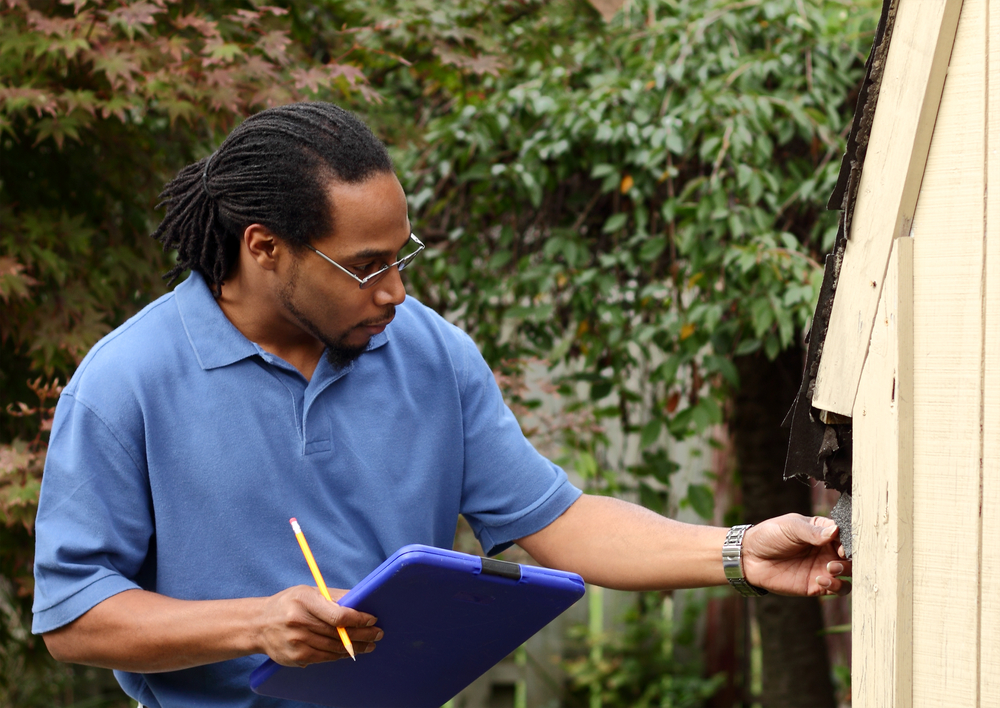Fifth Circuit Weighs in on Aftermath of Texas Supreme Court’s Decisions Affecting Insurers’ Pre-Appraisal Award Payments and Damages under the Texas Prompt Payment of Claims Act
Just a few short years ago, there was a bright line rule under Texas law concerning appraisal awards. If an insurer timely paid an appraisal award, that payment extinguished all of the insurer’s contractual and extracontractual liability to the insured. See, e.g., Garcia v. State Farm Lloyds, 514 S.W.3d 257, 264-273 (Tex. App.—San Antonio 2016, pet. denied); Anderson v. Am Risk Ins. Co., 2016 Tex. App. LEXIS 6538, *10 (Tex. App.—Houston [1st Dist.] 2016, no pet.); Perry v. United Servs. Auto Ass’n, 2018 Tex. App. LEXIS 10108, *7 (Tex. App.—Amarillo 2018, no pet.); Gonzales v. Allstate Vehicle and Property Ins. Co., 2019 U.S. Dist. LEXIS 26203, *3 (S.D. Tex. 2019).
The Fifth Circuit had previously agreed, making an Erie guess that the Texas Supreme Court would not find a violation of Chapter 542 if the timely pre-appraisal payment of the claim was for a “reasonable amount.” Mainali v. Covington Specialty Ins. Co., 872 F.3d 255, 259 (5th Cir. 2017). But when faced with the issue, the Texas Supreme Court overturned that precedent. See Ortiz v. State Farm Lloyds, 589 S.W.3d 127 (Tex. 2019); Barbara Technologies Corp. v. State Farm Lloyds, 589 S.W.3d 806 (Tex. 2019). Although the Texas Supreme Court affirmed the traditional rule that the insurer’s timely payment of the appraisal award extinguished contractual liability, it held that the insurer’s liability under Chapter 542 of the Texas Insurance Code, the Prompt Payment of Claims Act, may survive the insurer’s timely payment of an appraisal award. See Ortiz v. State Farm Lloyds, 589 S.W.3d at 135; Barbara Technologies Corp. v. State Farm Lloyds, 589 S.W.3d at 822. Even so, the insured still has to prove coverage and a violation of Chapter 542. See id.
Since Ortiz and Barbara Technologies, Texas courts have been grappling with this new landscape concerning the application of Chapter 542 damages. The United States Court of Appeals for the Fifth Circuit just added to the discussion in Randel v. Travelers Lloyds of Texas Ins. Co., 2021 U.S. App. LEXIS 24098 (5th Cir. August 12, 2021). Briefly stated, the Fifth Circuit held that where a pre-appraisal payment did not “roughly correspond” to the amount ultimately owed, the pre-appraisal payment was not a defense to liability under Chapter 542.
In Randel, the insured sustained a fire loss. The insurer made various payments over the following months for the dwelling, personal property, and loss of use totaling $204,437.68, net of the deductible and depreciation. A public adjuster put forward a much higher estimate of damage to the dwelling, but the insurer performed a re-inspection and declined to issue any further payment. The insured invoked appraisal as to the dwelling and personal property.

The insured sued the insurer in state court, alleging underpayment of the claim, bad faith and violation of Chapter 542. The insurer also removed the matter to federal court. During the district court case, the appraisal panel issued an award in the amount of $417,361.72 and Travelers also paid additional loss-of-use amounts, with Travelers total payments equaling $533,529,88 – over twice the amount of its original payment (with $185,000.00 additional payments just for the dwelling and personal property). The insurer paid the award within five days, less deductible and prior payments. Travelers moved for summary judgment on all claims, and won.
On appeal, the Fifth Circuit affirmed the traditional rule that the timely payment of the appraisal award extinguished the contract claim and statutory and common law bad faith claims.
The Fifth Circuit then addressed the Chapter 542 claim, reciting § 542.058(a) that an insurer must pay a claim within 60 days after receiving all requested information necessary to evaluate the claim and § 542.060(a) that failure to pay within that deadline makes the insurer responsible for damages pursuant to the Act in the amount of 18% interest and attorney’s fees. Further, the Fifth Circuit observed that in a March 2021 decision, the Texas Supreme Court provided guidance regarding the effect of pre-appraisal payments since the Fifth Circuit’s Erie guess in Mainali. In Hinojos v. State Farm Lloyds, 619 S.W.3d 651, 658 (Tex. Mar. 19, 2021), the Texas Supreme Court held that “a reasonable [pre-appraisal] payment should roughly correspond to the amount owed on the claim. When it does not, a partial payment mitigates the damage resulting from a Chapter 542 violation. Interest accrues only on the unpaid portion of the claim.”
It then addressed the facts in Randel, deciding that there was a “substantial gap” of $185,000.00 between the pre-appraisal dwelling and personal property payments versus the appraisal award. The court decided that such a gap meant that the pre-appraisal payments did not “roughly correspond” to the appraisal award. The pre-appraisal payment,therefore, was not a defense to liability under Chapter 542.
The Fifth Circuit expressly declined to determine how close a pre-appraisal payment needs to be to “roughly correspond” with the amount owed. However, the Fifth Circuit also left the door wide open for a case in which the insurer did make a pre-appraisal payment that “roughly corresponds” to the appraisal award, which would allow the Fifth Circuit to announce a rule and factual circumstances by which such a payment would provide a defense to liability under Chapter 542.
Randel means that even more scrutiny will be directed toward an insurer’s early actions on a claim. The initial inspection of a loss should be thorough and accurate. Payments should be prompt and accurate. Getting it right the first time around will help insurers avoid the fact-intensive analysis and potential for the Chapter 542 liability explained in Randel.